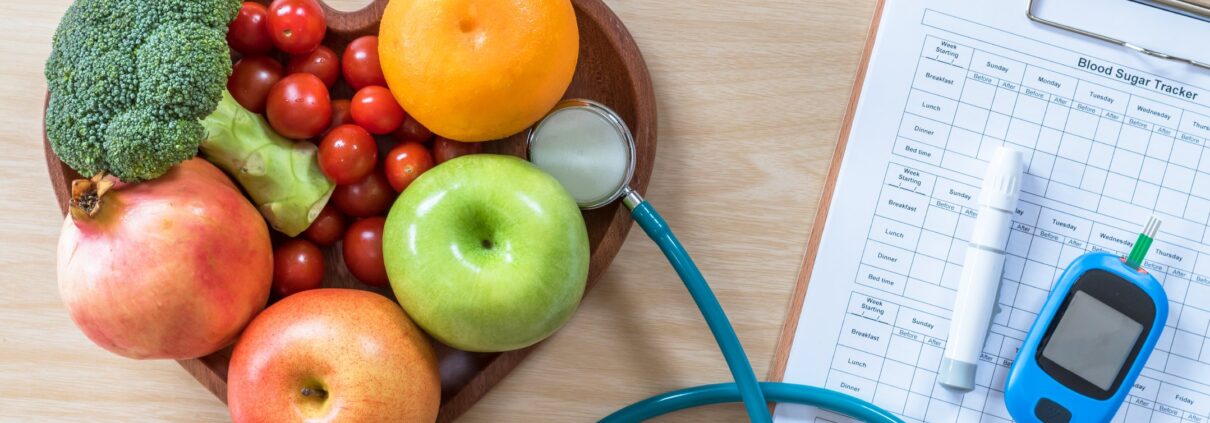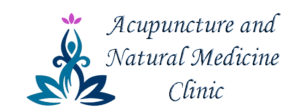
Diabetes refers to a group of diseases that affect how your body uses blood sugar (glucose). Glucose is vital to your health because it’s an important source of energy for the cells that make up your muscles and tissues; it’s also your brain’s main source of fuel. Glucose comes from the foods you eat; insulin is a hormone that helps the glucose get into your cells to give them energy.
Chronic diabetes conditions include type 1 diabetes and type 2 diabetes. Potentially reversible diabetes conditions include prediabetes—when your blood sugar levels are higher than normal, but not high enough to be classified as diabetes—and gestational diabetes, which occurs during pregnancy but may resolve after the baby is delivered.
With type 1 diabetes, your body does not make insulin. It can develop at any age, though it often appears during childhood or adolescence. With type 2 diabetes, the more common type, your body does not make or use insulin well. It can develop at any age, though it’s more common in people older than 40.
Without enough insulin, the glucose stays in your blood, which can build up over time causing serious problems like heart disease and stroke. It can also damage your skin, eyes, hearing, kidneys, nerves, and even trigger the need to remove a limb. Individuals with both types of diabetes are also at greater risk for dementia and Alzheimer’s disease, as well as depression.
The underlying causes of diabetes, and the risk factors, vary by type. With type 1 diabetes, family history, environmental factors, immune system issues, and even geography can play a role in the likelihood of developing the condition. For type prediabetes and 2 diabetes, the risk factors include a range of variables: weight, inactivity, family history, race or ethnicity, age, high blood pressure, and co-existing conditions like abnormal cholesterol levels and, in women, polycystic ovary syndrome.
Symptoms
Diabetes symptoms vary depending on how elevated your blood sugar is. Some people with prediabetes or type 2 diabetes may not experience symptoms initially, but develop them gradually. In type 1 diabetes, symptoms tend to come on quickly and be more severe.
Some of the signs and symptoms of type 1 and type 2 diabetes are:
• Increased thirst
• Frequent urination
• Extreme hunger
• Unexplained weight loss
• Presence of ketones in the urine
• Fatigue
• Irritability
• Blurred vision
• Slow-healing sores
• Frequent infections, such as gums or skin infections and vaginal infections
Facial Signs of Diabetes
Skin concerns are prevalent with people suffering from diabetes, so the presence of these indicators is a first sign of the disorder:
• Facial edema (lymph stasis)
• Broken blood vessels
• Adult acne
• Dulled skin or skin changes around the mouth and cheeks
Testing and Treatment
Testing for diabetes involves a physical exam and medical history, and a blood glucose level test & other diagnostics if you are having symptoms. Treatment typically involves quickly getting your blood sugar back to normal. Exercise, weight control and a nutrition plan can help control your diabetes. You should also monitor your blood glucose level and take medicine if prescribed. Long-term treatment requires identifying and treating the cause(s) of diabetes.
At our clinic, our holistic and Functional Medicine approaches seeks to address the root causes as well as bring the body back into balance naturally through dietary adjustments and herbal supplements, as well as with lifestyle changes. Every treatment plan is tailored to our patients’ individual needs. We focus on stabilizing the systems in your body and educating you on prevention, while using complimentary and alternative protocols including:
• BIOSET
• Cupping
• Electro Dermal Screening
• Food and Environment Sensitivity
• Organ Detoxification & Restoration
